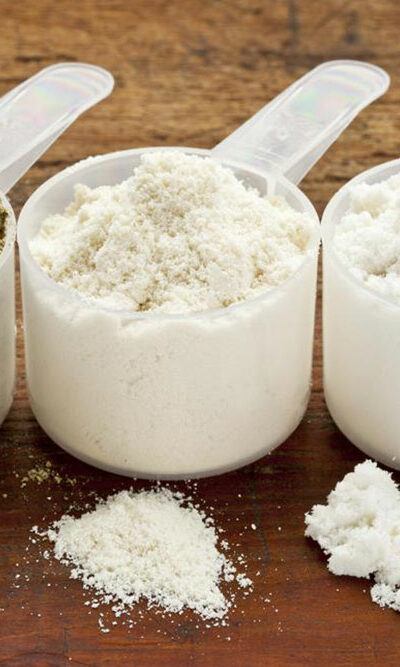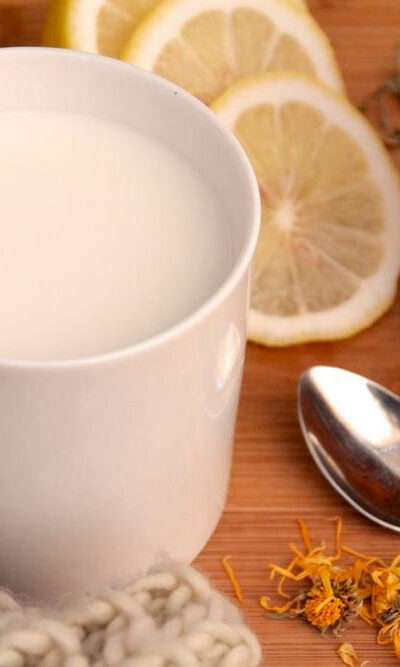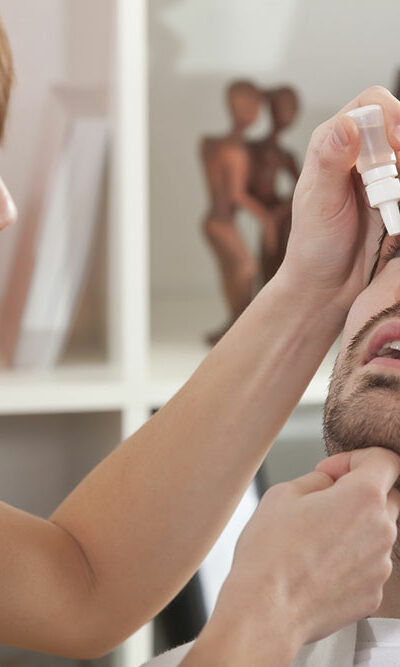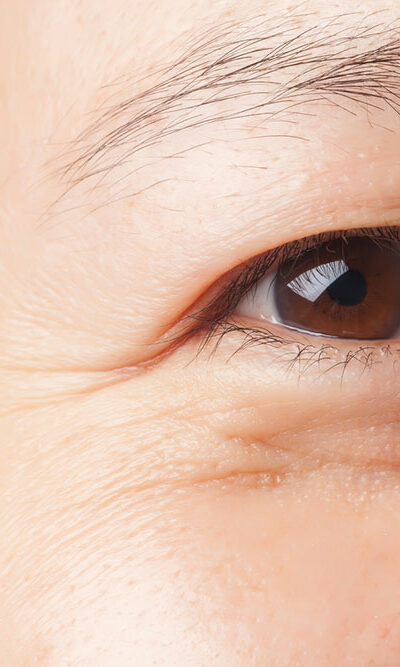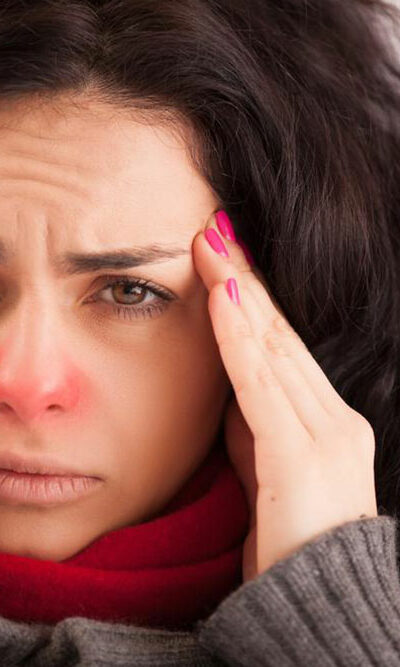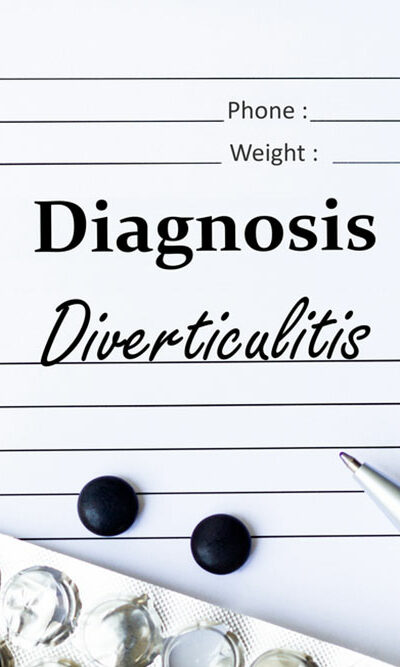
Things to Know about Diverticulitis
The diverticular disease was sporadic before the 20th century but now it is quite common especially in the western countries. Diverticulitis is the most severe kind of diverticular diseases. The diverticula or pouches are formed in the intestinal wall, they are bacterially infected and inflamed and they form diverticulitis. The diverticulitis often comes with many complications. The diverticulitis treatment guidelines should be followed to combat diverticulitis; otherwise, it can lead to some serious health complications. Here are a few things related to diverticulitis. The common symptoms of diverticulitis There are several stages of diverticulitis. They vary from mild to severe with simple to complicated symptoms. These are: Abdominal pain occurs typically in the lower left side of the abdomen Fever Nausea Vomiting The increased urge for urination, frequent urination, or feeling of a burning sensation at the time of urination Constipation Diarrhea Blood in stool The causes of diverticulitis There are multiple factors responsible for causing diverticulitis. These are: A low-fiber diet The lack of dietary fiber in food is considered one of the main reasons for diverticulitis. Heredity From research, it is seen that there is a link of heredity with diverticulitis. There is at least 50 percent of the potential risk of diverticulitis which comes from genetics. Obesity Obesity is one of the main reasons for diverticulitis. It raises the risk of diverticulitis and its bleeding. Lack of physical workout The lack of physical exercise and living a sedentary life always increase the chance of diseases like diverticulitis. Smoking From studies, it is proven that smoking can cause diverticulitis and its complications. Certain medications Regular intake of aspirin and other non-steroidal anti-inflammatory drugs like NSAIDs may raise the chance of diverticulitis. The opiates and steroids can increase the risk of the perforation, the severe difficulty of diverticulitis. The deficiency of vitamin D From the studies, it is proven that people with less amount of vitamin D are more prone to diverticulitis and its complications.




